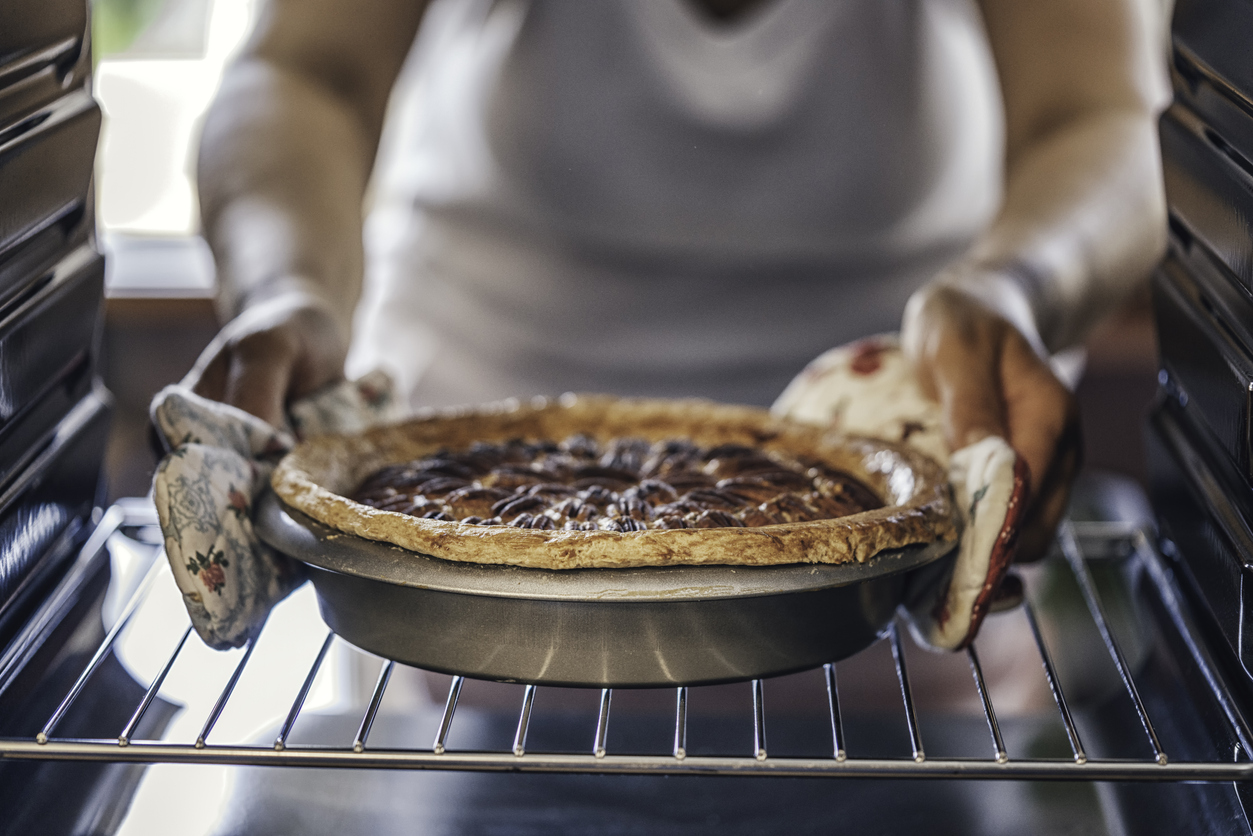Watch Out for These 5 Holiday Heart Hazards
It’s always important to take care of your cardiovascular health, but during the holiday season you may want to have an extra cup of black tea, or make some other heart-healthy choices. Fatal heart attacks tend to spike in winter, says the Oklahoma Heart Institute—and the major contributing factor isn’t necessarily the cold. “Regardless of where we live, researchers have found we are more susceptible to heart attacks in the winter months, even if it is 72 and sunny in California,” the OHI site reports, noting that the top three days for heart attacks are December 25, December 26, and January 1.
“We certainly know that there are certain risk factors for coronary artery disease,” Robert A. Kloner, MD, PhD told WebMD, citing smoking, high cholesterol, diabetes, age, and physical inactivity as just a few. “But we’re also learning that there are certain triggers for cardiovascular events, including time of the year and seasons.”
However you celebrate, read on to find out how to protect your heart during this holiday season.
READ THIS NEXT: Eating This 4 Times a Week Slashes Heart Attack Death Risk, Study Says.
The holidays can offer heaping portions of unhealthy foods. Think favorite snacks like popcorn balls, various sugary pies, and of course the buttercream and chocolate extravaganza known as the yule log cake. But don’t use the holidays to overload on fats and sugars. “Avoid processed food including processed carbohydrates, sugar, and processed oils like vegetable oil and canola,” says Philip Ovadia, cardiothoracic surgeon, author of Stay Off My Operating Table and founder of Ovadia Heart Health.
Ovadia recommends eating “whole, real food—the things that grow in the ground and the things that eat the things that grow in the ground,” he says. “This provides the heart and the body with the nutrients and fuel needed to maintain optimal health.”

It’s not just holiday foods that can be hazardous to your heart. Whether it’s a classic eggnog or the Puerto Rican delight known as coquito, alcohol intake does not go along with good cardiovascular health.
“Drinking too much alcohol can raise the levels of some fats in the blood known as triglycerides [and] a high triglyceride level combined with high LDL (bad) cholesterol or low HDL (good) cholesterol has been associated with fatty buildup in the artery walls,” explains the American Heart Association (AHA), which advises that this can increase the risk of heart attack and stroke. “Excessive drinking can also lead to high blood pressure, cardiomyopathy, cardiac arrhythmia, and even death from alcohol poisoning.”

Lying around watching It’s a Wonderful Life after putting away a multi-course meal—plus that classic yule log and a mug full of eggnog—is not what your heart wants or needs. “Get more activity,” Ovadia says. “This can be as simple as a 10-minute walk after you eat, taking the stairs instead of the elevator, or using a stand-up desk at work.”
But while exercise is important, it’s also vital to exercise caution. That traditional holiday activity of shoveling snow can be very hard on your heart health. “Shoveling snow is a vigorous physical activity,” warns Healthline, which says that “in some cases, the demand is the same as if you were running full speed on a treadmill.” According to the site, this kind of exercise can increase your heart rate and blood pressure, triggering a heart attack in vulnerable folks.
For more health news sent directly to your inbox, sign up for our daily newsletter.

It’s never convenient to get sick during the holidays, whether it’s because you’re staying far from home or simply don’t want to put a damper on the celebratory vibes. “People just tend to put off seeking medical help during the holidays,” says Kloner. “They tend to wait till afterwards, which I think is a mistake.”
Consider these statistics from Mount Sinai: “The average person waits three hours before seeking help for symptoms of a heart attack,” cautions the site, which also reports that many heart attack patients die before they reach the hospital. “The sooner the person gets to the emergency room, the better the chance of survival,” says Mount Sinai. “Prompt medical treatment reduces the amount of heart damage.”

Family drama, money worries, and the pressure to be merry can all make your stress level soar. “Last year, the American Psychiatric Association polled over 2,000 adults: 41 percent reported an increase in worrying during the season,” reports The New York Times. “This year, 31 percent said they expected to feel even more stressed than they did in 2021.”
“Stress is a major contributor to heart disease and poor health overall,” says Ovadia, who recommends stress management techniques like meditation, prayer, community, and family. In addition, “Get adequate sleep,” he suggests. “Good sleep allows our bodies to rest and recover. Poor sleep increases the risk of high blood pressure, diabetes, and heart attacks.”
" Conservative News Daily does not always share or support the views and opinions expressed here; they are just those of the writer."




Now loading...